Recommendations for Falastin Film Festival
Guest
Falastin Film Festival (FFF) is a volunteer-run, not-for-profit collective of Palestinians and allies dedicated to bringing Palestinian art to the Edinburgh and Highland audiences.
This weekend, May 24th-26th you can catch both classic and contemporary film by Palestinian artists at the Scottish Storytelling Centre! To expand knowledge and explore further once you've watched the films, here's a list of books you will find at the Lighthouse stall at the festival. The following are specially recommended by some of the folks involved in the festival:
Palestine +100: Stories from a Century After the Nakba, recommended by directors of Lyd Rami Younes & Sarah Freidland: "Palestine + 100 poses a question to twelve Palestinian writers: what might your country look like in the year 2048 – a century after the tragedies and trauma of what has come to be called the Nakba. How might this event – which, in 1948, saw the expulsion of over 700,000 Palestinian Arabs from their homes – reach across a century of occupation, oppression, and political isolation, to shape the country and its people? Will a lasting peace finally have been reached, or will future technology only amplify the suffering and mistreatment of Palestinians?"
A Child in Palestine by Naji Al-Ali, recommended by Tariq Rimawi, director of the short film Zoo: "The visual language of ‘Zoo’ with its black and white hatchings, is inspired by the work of the famed Palestinian cartoonist Naji al-Ali. The 2D animation juxtaposes the simplicity and deeply personal nature of hand-drawings with the complexity of our world."
Code Name: Butterfly by Ahlam Bsharat, recommended by scholar Bayan Haddad who will give a reading at the festival, : “This young adult novel opens a window to Palestine from the perspective of a teenager as she tries to understand the world around her. I appreciate Bsharat’s poetic language and honest treatment of questions pertaining to identity, family dynamics and notions of home.”
The Holocaust and the Nakba: A New Grammar of Trauma and History, ed. by Bashir Bashir and Amos Goldberg, also recommended by Bayan: “This is an academic work that tries to trace how the Holocaust and the Nakba are interlinked and to find new vocabulary and grammar to speak about their intersections without reducing the differences between the two tragedies. ”
Returning to Haifa by Ghassan Kanafani, recommended by Farah Nabulsi - director of the shortfilm The Present: "conveys ’this idea of loss and longing and realising that in some ways to have a noble life worth living, one needs a cause. Otherwise, what’s the point really?"
Linked Books
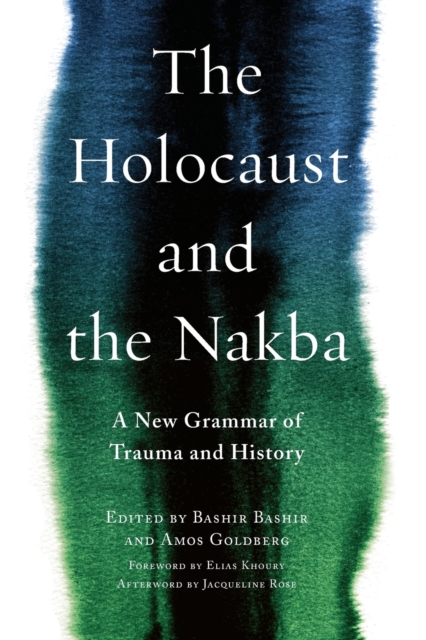
- title
- The Holocaust and the Nakba : A New Grammar of Trauma and History : 39
- author
- Bashir, Bashir, Goldberg, Amos, Khoury, Elias, Rose, Jacqueline, Abu-Remaileh, Refqa, Anidjar, Gil (
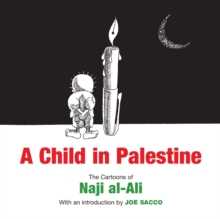
- title
- A Child in Palestine : The Cartoons of Naji al-Ali
- author
- Naji Al-Ali
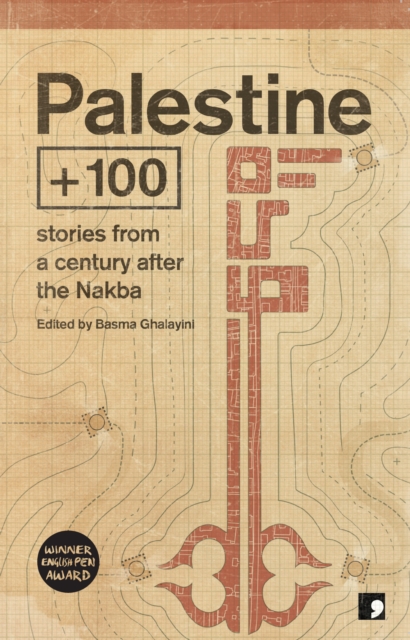
- title
- Palestine +100 : Stories from a century after the Nakba : 2
- author
- Ghalayini, Basma, Maarouf, Mazen, Dabbagh, Selma, Masoud, Ahmed, Hamed, Anwar, Shawish, Talal Abu, Y
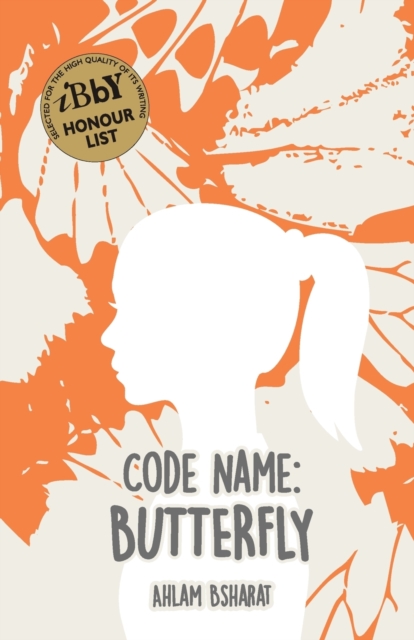
- title
- Code Name: Butterfly
- author
- Bsharat, Ahlam, Roberts, Nancy
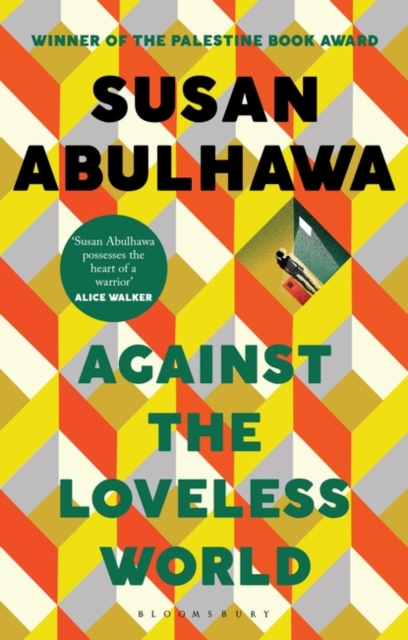
- title
- Against the Loveless World : Winner of the Palestine Book Award
- author
- Abulhawa, Susan
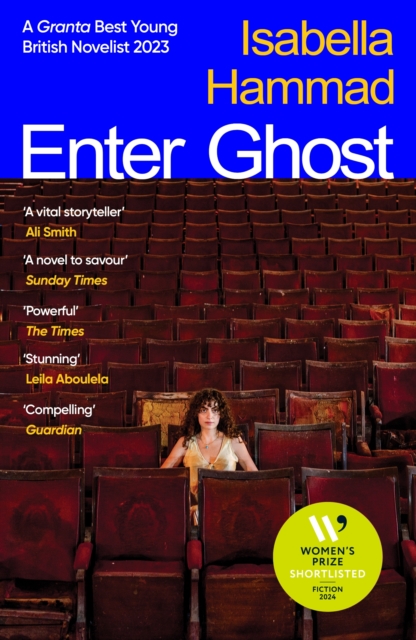
- title
- Enter Ghost
- author
- Hammad, Isabella
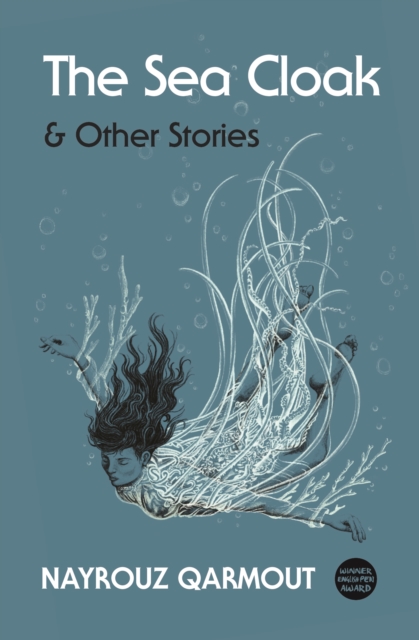
- title
- The Sea Cloak
- author
- Qarmout, Nayrouz, Richards, Perween
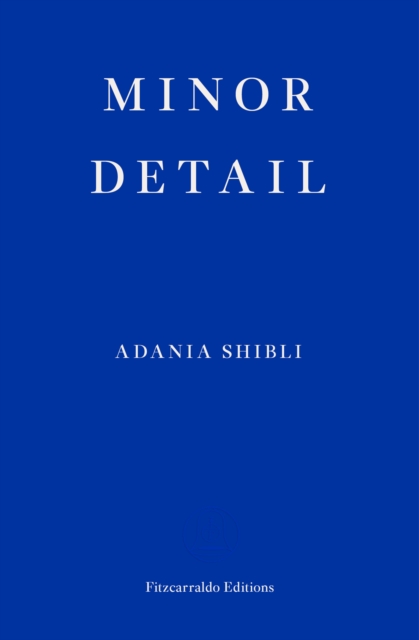
- title
- Minor Detail
- author
- Shibli, Adania
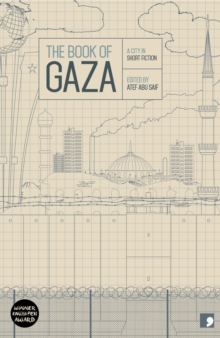
- title
- The Book of Gaza: A City in Short Fiction
- author
- Various
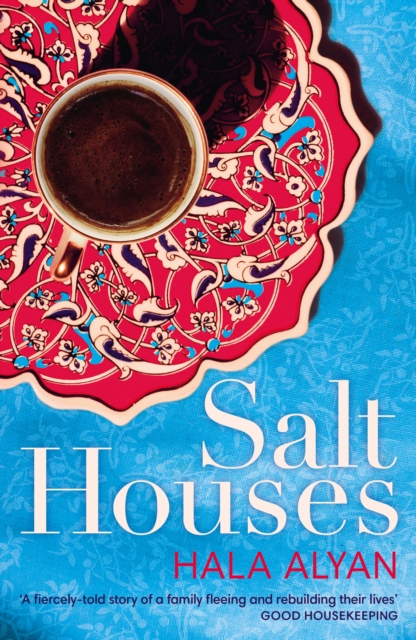
- title
- Salt Houses
- author
- Alyan, Hala

- title
- Sambac Beneath Unlikely Skies
- author
- Hayek, Heba
- title
- The Stone House
- author
- Hawari, Yara
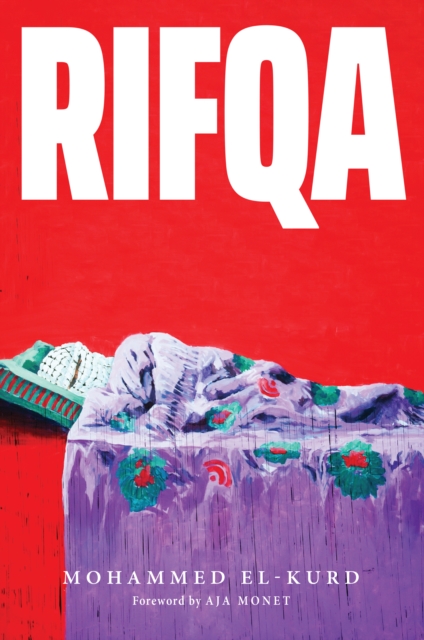
- title
- Rifqa
- author
- El-Kurd, Mohammed
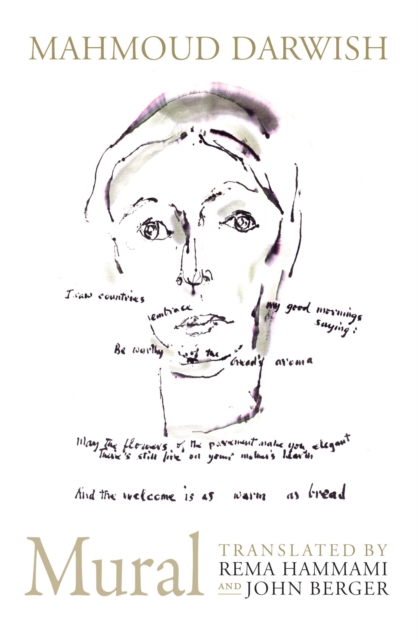
- title
- Mural
- author
- Darwish, Mahmoud
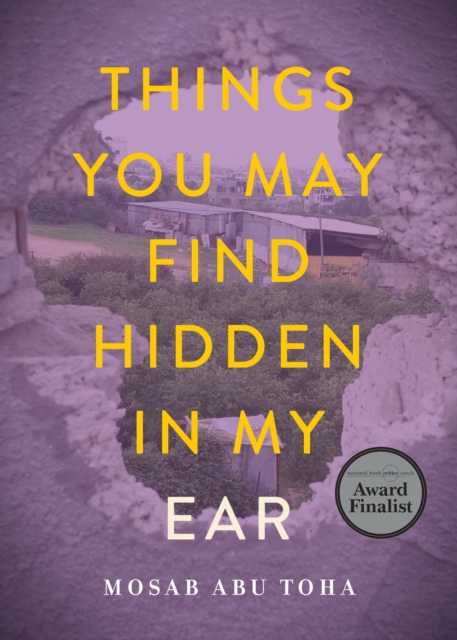
- title
- Things You May Find Hidden in My Ear : Poems from Gaza
- author
- Abu Toha, Mosab
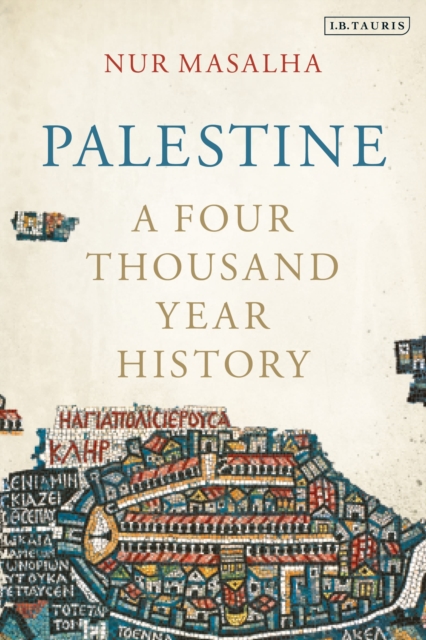
- title
- Palestine : A Four Thousand Year History
- author
- Masalha, Nur
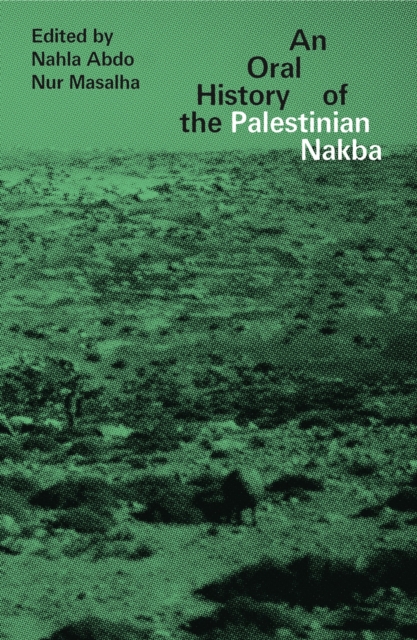
- title
- An Oral History of the Palestinian Nakba
- author
- Abdo, Nahla, Masalha, Nur
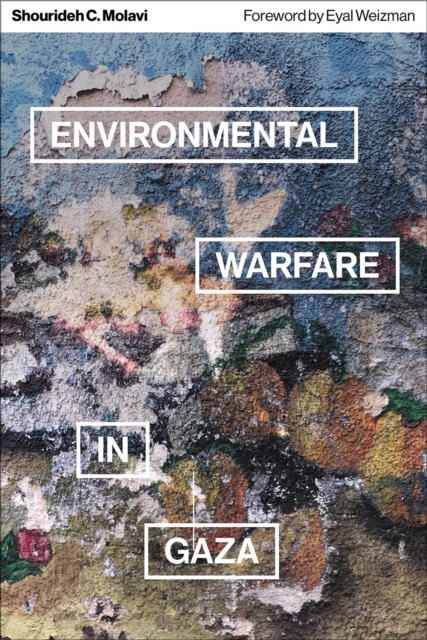
- title
- Environmental Warfare in Gaza : Colonial Violence and New Landscapes of Resistance
- author
- Molavi, Shourideh C.
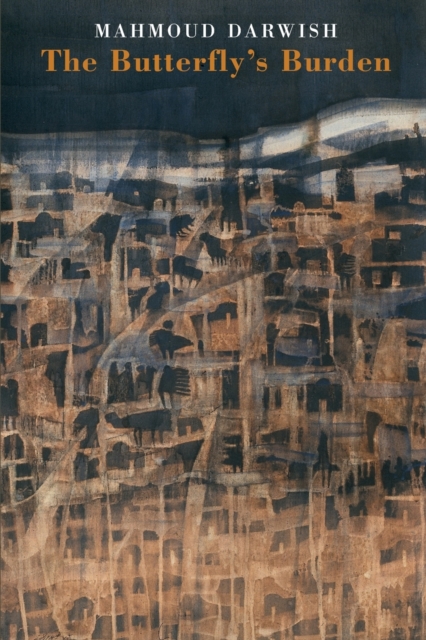
- title
- The Butterfly's Burden
- author
- Darwish, Mahmoud, Joudah, Fady
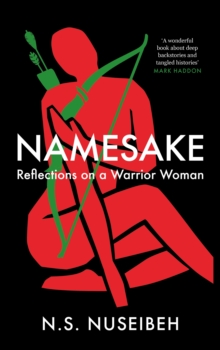
- title
- Namesake : Reflections on A Warrior Woman
- author
- N.S. Nuseibeh
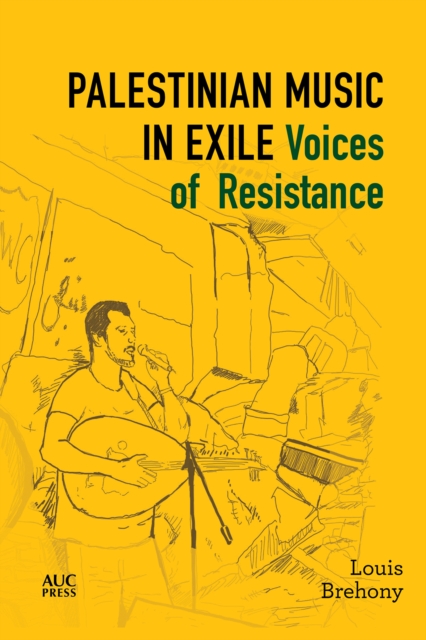
- title
- Palestinian Music in Exile : Voices of Resistance
- author
- Brehony, Louis, Chatty, Dr. Dawn, Fahrenthold, Dr. Stacy D., Rabo, Dr. Annika
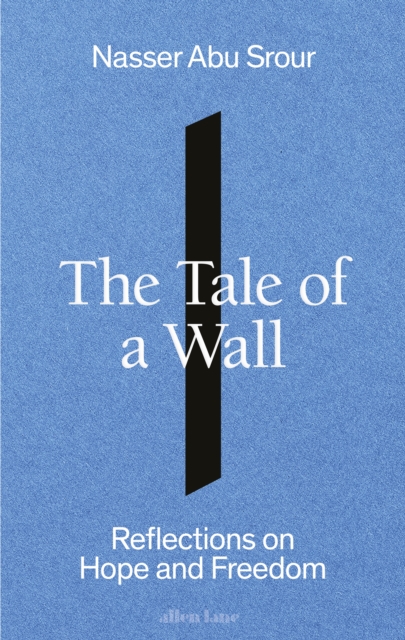
- title
- The Tale of a Wall : Reflections on Hope and Freedom
- author
- Srour, Nasser Abu, Leafgren, Luke
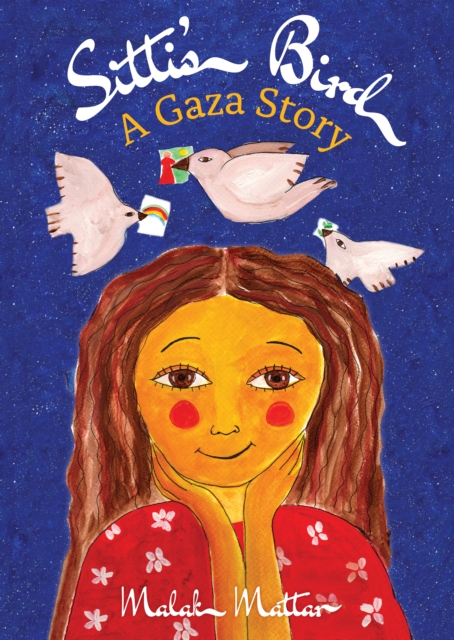
- title
- Sitti's Bird : A Gaza Story
- author
- Mattar, Malak
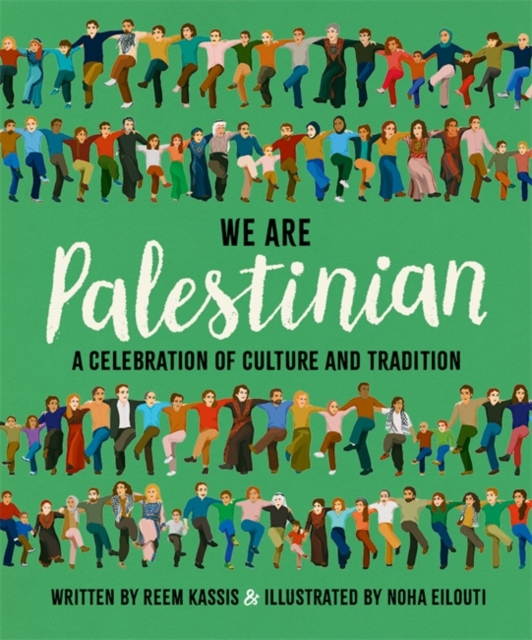
- title
- We Are Palestinian : A Celebration of Culture and Tradition
- author
- Eilouti, Noha, Kassis, Reem